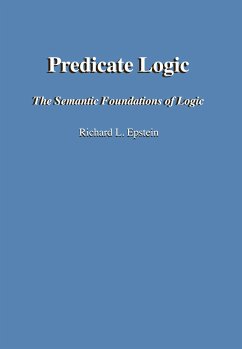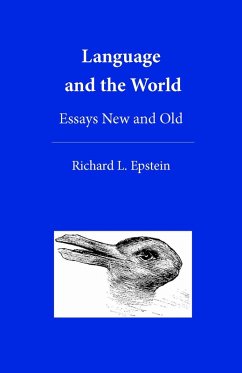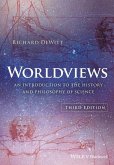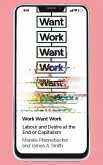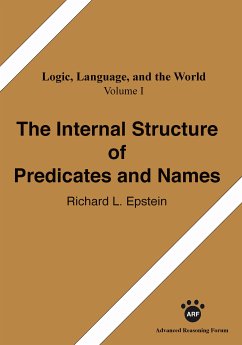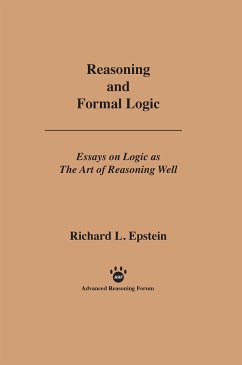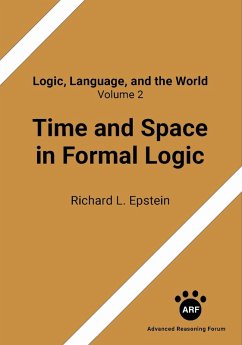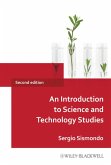The forms and scope of logic rest on assumptions of how language and reasoning connect to experience. In this volume an analysis of meaning and truth provides a foundation for studying modern propositional and predicate logics. Chapters on propositional logic, parsing propositions, and meaning, truth, and reference give a basis for criteria that can be used to judge formalizations of ordinary language arguments. Over 120 worked examples of formalizations of propositions and arguments illustrate the scope and limitations of modern logic, as analyzed in chapters on identity, quantifiers, descriptive names, functions, and second-order logic. The chapter on second-order logic illustrates how different conceptions of predicates and propositions do not lead to a common basis for quantification over predicates, as they do for quantification over things. Notable for its clarity of presentation, and supplemented by many exercises, this volume is suitable for philosophers, linguists, mathematicians, and computer scientists who wish to better understand the tools they use in formalizing reasoning.
Dieser Download kann aus rechtlichen Gründen nur mit Rechnungsadresse in A, B, BG, CY, CZ, D, DK, EW, E, FIN, F, GR, H, IRL, I, LT, L, LR, M, NL, PL, P, R, S, SLO, SK ausgeliefert werden.

